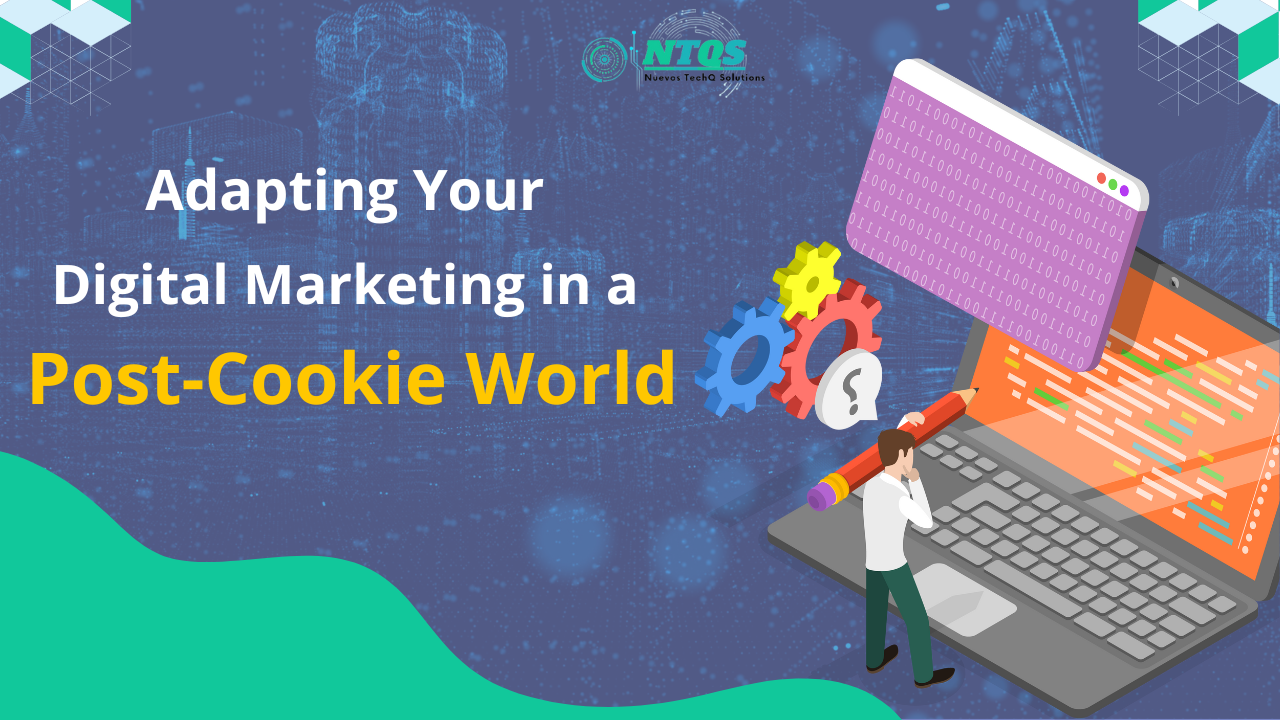With the decline of third-party cookies, digital marketers must rethink their strategies to
effectively reach and engage audiences. This fundamental shift in online tracking and
targeting capabilities represents one of the most significant transformations in digital
advertising history, forcing brands to develop new approaches to data collection and
audience engagement.
As major browsers phase out third-party cookie support and privacy regulations
tighten globally, businesses that adapt quickly will gain competitive advantages in customer
acquisition and retention.
Our personal approach
We believe successful marketing in a cookieless future requires balancing personalization
with privacy. By focusing on building direct relationships with audiences and delivering
genuine value, brands can create sustainable marketing ecosystems that respect user
preferences while still achieving business objectives.
Forward-thinking marketers are already reimagining their data strategies and customer
engagement models. Rather than viewing the end of third-party cookies as a limitation,
they're recognizing it as an opportunity to build more authentic connections and more
meaningful measurement frameworks that deliver long-term value.
Adapting to the cookieless future
As the digital marketing landscape continues to evolve, businesses must implement these
strategic approaches to thrive in a world without third-party cookies.
- First-Party Data Collection:
Encouraging users to share data through email sign-ups, loyalty programs, and surveys
will become the foundation of customer insights. Creating compelling value exchanges
that motivate consumers to voluntarily share information will be essential for building
robust, permission-based data assets.
- Contextual Advertising: Brands
will shift towards placing ads based on webpage content rather than tracking user
behavior. This renaissance of contextual targeting focuses on the relevance between ad
content and the environment in which it appears, creating natural alignment without
invasive tracking.
- AI and Machine Learning: Advanced
algorithms will analyze user data to create predictive marketing models and
hyper-personalized campaigns. These technologies can identify patterns and generate
insights from limited data sets, helping marketers maintain personalization capabilities
even with reduced tracking capabilities.
- Privacy-First Marketing:
Transparency in data collection and explicit user consent mechanisms will be crucial in
maintaining customer trust. Brands that clearly communicate how data is used and provide
meaningful control to users will build stronger relationships and competitive
differentiation.
- Influencer and Community
Marketing: Leveraging trusted influencers and fostering online communities
will help brands maintain organic reach and engagement. These approaches rely on
authentic connections rather than tracking technology, making them increasingly valuable
in a post-cookie landscape.
